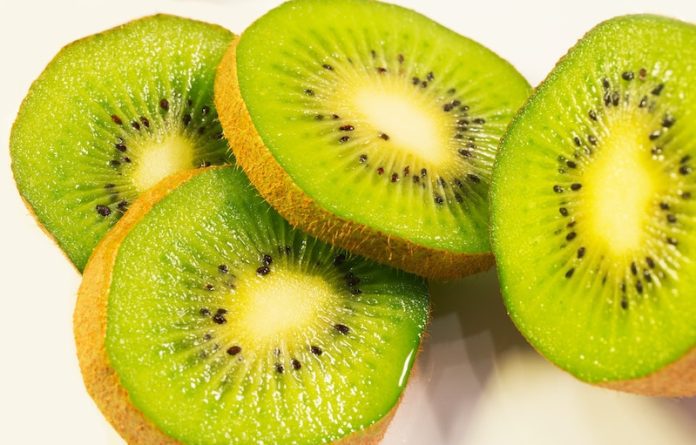
A new study from Amsterdam University Medical Centers found that women need to get more potassium in their diets to protect their heart health.
This study looked at the relationship between potassium intake, blood pressure, and the risk of cardiovascular disease (CVD) in a large group of men and women.
Potassium is a mineral found in many foods, including fruits, vegetables, and nuts, that has been shown to have many health benefits, including lowering blood pressure and reducing the risk of heart disease.
The researchers analyzed data from over 11,000 men and 13,000 women who participated in the EPIC-Norfolk cohort, a large study that examines the relationship between diet, lifestyle, and health outcomes.
The researchers estimated the daily intake of sodium and potassium for each participant based on measurements of these minerals in urine samples.
They then examined the relationship between potassium intake, blood pressure, and the risk of cardiovascular disease over an average of 11 years of follow-up.
The results of the study showed that men and women who consumed more potassium had lower blood pressure levels and a lower risk of cardiovascular disease compared to those who consumed less potassium.
However, the researchers also found that the benefits of a high-potassium diet were different for men and women.
Women who consumed more potassium had a steeper decrease in blood pressure compared to men who consumed more potassium.
Additionally, women who consumed more salt had a greater reduction in blood pressure when they also consumed more potassium compared to women who consumed less salt.
This suggests that women who eat a lot of salt may benefit the most from increasing their potassium intake.
Both men and women who consumed more potassium had a lower risk of cardiovascular disease, but the benefit was slightly greater for women.
The researchers found that the highest intake of potassium was associated with a 7-11% reduction in the risk of cardiovascular disease in women and a 5-7% reduction in men.
In conclusion, this study shows that a diet rich in potassium is associated with lower blood pressure levels and a lower risk of cardiovascular disease, particularly in women who consume a lot of salt.
These findings highlight the importance of consuming a healthy and balanced diet that includes plenty of fruits and vegetables as a way to maintain good health and reduce the risk of chronic diseases such as heart disease.
Many foods are rich in potassium that you can incorporate into your diet to increase your potassium intake. Here are some examples:
Fruits: bananas, oranges, cantaloupes, apricots, kiwis, and dried fruits like raisins and prunes are all good sources of potassium.
Vegetables: leafy greens like spinach and kale, as well as broccoli, sweet potatoes, potatoes, squash, mushrooms, and tomatoes, are all high in potassium.
Legumes: beans, lentils, and peas are all great sources of potassium, as well as fiber and protein.
Dairy products: milk, yogurt, and cheese all contain potassium.
Nuts and seeds: almonds, pistachios, and sunflower seeds are all good sources of potassium.
Fish: salmon and tuna are good sources of potassium, as well as omega-3 fatty acids, which are beneficial for heart health.
In addition to these foods, you can also consider using potassium-rich salt substitutes to add flavor to your meals.
However, if you have kidney problems or are taking certain medications, it’s important to talk to your healthcare provider before making any significant changes to your potassium intake.
Overall, incorporating a variety of potassium-rich foods into your diet can help you meet your daily potassium needs and support your overall health.
The research was published in European Heart Journal and was conducted by Rosa Wouda et al.
Copyright © 2023 Scientific Diet. All rights reserved.





